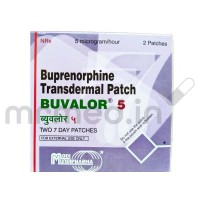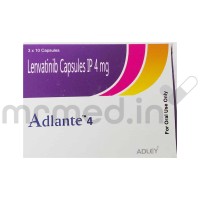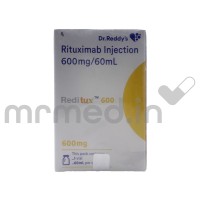Solbeg 5mg Tablet is a urinary antispasmodic drug in the category of muscarinic receptor antagonists, containing the active ingredient Solifenacin Succinate. It is used to treat the symptoms of overactive bladder (OAB). It is a medical condition caused by a sudden, frequent, and uncontrollable urge to urinate, often accompanied by urinary frequency (urinating more often than usual) and urinary urgency (a strong and immediate need to urinate). Individuals with OAB may experience these symptoms even when the bladder is not full, leading to a sense of urgency that can be difficult to control.
This drug is contraindicated in individuals with known hypersensitivity or allergy to it or its component. Solbeg 5mg Tablet may worsen urinary retention (inability to empty the bladder). It should be used with caution in these individuals, and discontinuation of treatment should be considered if urinary retention occurs. Inform your physician of any kidney or liver disease. Your physician may prescribe you a low dose and perform regular blood tests.
It is generally recommended to avoid using Solbeg 5mg Tablet during pregnancy unless it is necessary. Taking this drug while breastfeeding is unsafe because it may affect the child. Do not breastfeed while taking this medicine. This tablet does contain lactose, and if you have been diagnosed with a rare hereditary problem of galactose intolerance, glucose-galactose malabsorption, or Lapp lactase deficiency, it is advised not to use this medication.
Therapeutic Effects of Solbeg 5mg Tablet
Pregnancy
Solbeg 5mg Tablet should be taken if it is necessary during pregnancy. Report to your doctor if you are pregnant, suspecting, or planning for the pregnancy before starting the treatment.
Breast Feeding
Taking Solbeg 5mg Tablet while breastfeeding may be unsafe because it may affect the child. Do not breastfeed while taking this medicine.
Lungs
It is unknown whether Solbeg 5mg Tablet is safe for patients with lung problems. Contact your doctor if you experience any lung-related symptoms.
Liver
Inform your doctor if you have liver disease because the Solbeg 5mg Tablet should be used cautiously with a liver condition.
Alcohol
It is unknown whether consuming alcohol while taking a Solbeg 5mg Tablet is safe. Please speak with your physician.
Driving
Driving vehicles or operating machinery while taking Solbeg 5mg Tablet is unsafe because it may cause tiredness and vision problems.
Serious
- Blistering and peeling of the skin
- Angioedema (swelling occurs in the tissue just below the surface of the skin)
- Difficulty in breathing
Common
- Dry mouth
- Blurred vision
- Constipation
- Nausea
- Abdominal pain, fullness
- Heartburn
- Burping
Solbeg 5mg Tablet is primarily used to treat overactive bladder syndrome, including frequent urination, urgency, and urge incontinence (involuntary urine leakage). It can help control these symptoms and improve quality of life.
Solbeg 5mg Tablet is generally not recommended for use in children and adolescents under the age of 18. The safety and effectiveness of this medication in pediatric populations have yet to be well established.
Solbeg 5mg Tablet may cause dizziness, and blurred vision, which could impair the ability to drive or operate machinery. Patients should be cautious when engaging in activities that impair mental alertness until they know how the medication affects them.
Yes, this drug is known to reduce or stop bladder spasms. It works by blocking the action of certain receptors in the bladder called muscarinic receptors. These receptors are responsible for muscle contractions in the bladder. Solbeg 5mg Tablet helps to relax the bladder muscles and reduce bladder spasms by inhibiting these receptors.
Solbeg 5mg Tablet contain lactose, and if you have a known intolerance to galactose or lactose, it is important to inform your physician. They can evaluate your specific situation and determine whether it is safe for you to take this drug.
Molecule Name: Solifenacin Succinate | Therapeutic class: Urinary antispasmodic |
Pharmacological class: Muscarinic receptor antagonists | Indications: Treat the symptoms of overactive bladder (OAB) |


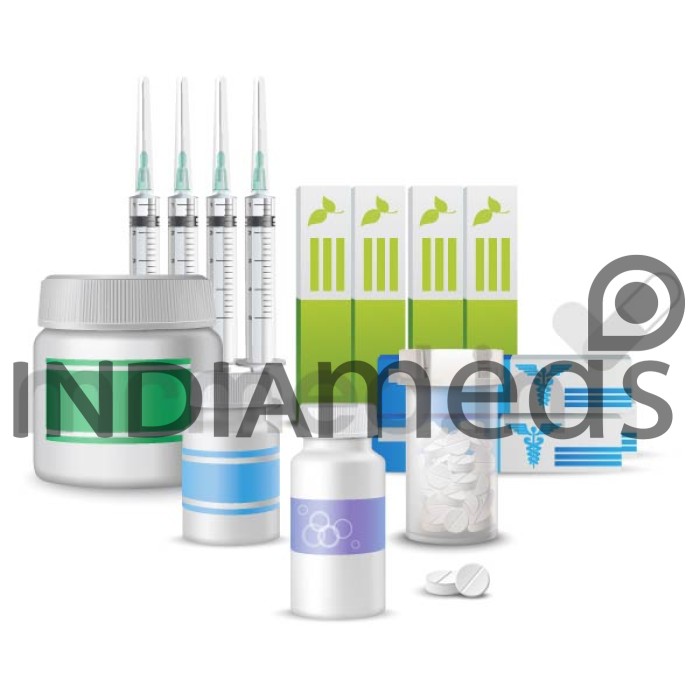



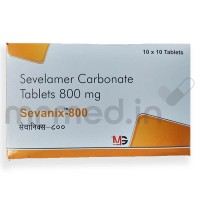
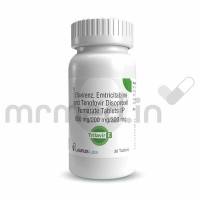
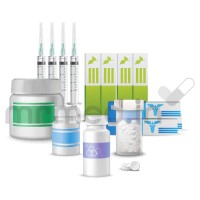
-200x200.jpg)
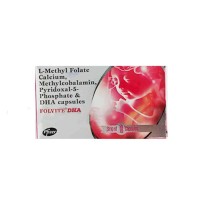
-200x200.jpg)

